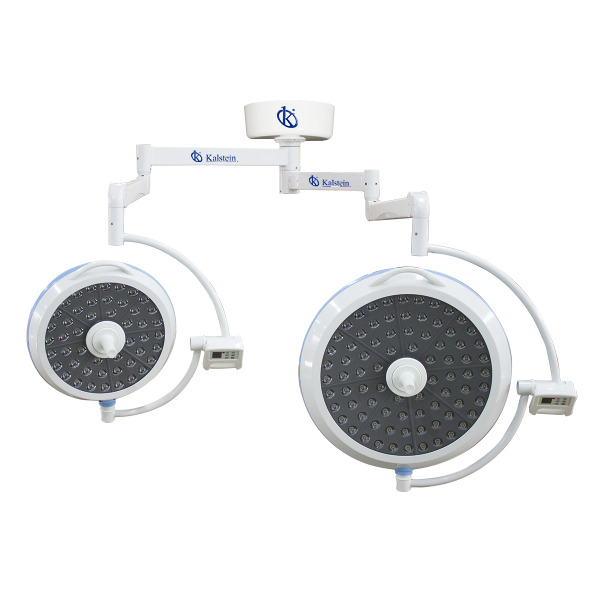Veterinary MRI: Detailed Imaging Technology for Advanced Diagnostics

Veterinary Magnetic Resonance Imaging (MRI) is a fundamental tool for the advanced diagnosis of animal diseases. This non-invasive imaging technique uses magnetic fields and radio waves to create detailed images of organs, tissues, and internal structures, allowing veterinarians to precisely identify complex health problems that are not visible with other diagnostic methods, such as X-rays or ultrasound.
Veterinary X-Rays: High-Resolution Images for Precise Diagnostics

Veterinary X-rays are an essential tool in the medical diagnosis of animals, offering a clear and precise view of the internal health of our pets and working animals. This technology allows veterinarians to observe the state of organs, bones, and soft tissues in detail, facilitating the identification of fractures, tumors, infections, and other health issues that might not be detectable at first glance.
Next-Generation Veterinary Monitors: Precise Monitoring for Animal Welfare

Animal health care, especially in veterinary clinical environments, has significantly evolved with technological advances. Today, veterinary monitors are essential tools for monitoring animal patients during medical procedures and post-operative care, providing vital information to ensure animals’ stability and recovery. Having personally tested various equipment in this field, I can confidently say that next-generation veterinary monitors are indispensable allies for animal health professionals.
Optimization and Safety in Animal Surgeries

Veterinary surgery is a field where precision and safety are crucial to ensure the well-being of animals. In this regard, Veterinary Operating Tables play a fundamental role. As someone who has tested and used these tables, I can affirm that the quality of a veterinary operating table makes a significant difference in both the surgical outcome and the comfort of the medical team and the patient.
Innovation and Precision for Animal Care in Surgical Procedures

In the veterinary field, innovation and precision are fundamental elements to ensure the well-being of animals during surgical procedures. Veterinary Anesthesia Machines have been a key tool in this context, allowing professionals to provide safe and controlled management of the anesthetic state in various animal species.
Pet Grooming Clippers: Professional Precision in Pet Care

When it comes to pet care, the precision and performance of the tools we use are essential. Pet grooming clippers are not just accessories; they are an extension of the professional’s hand, allowing the work to be efficient, comfortable, and safe for both the user and the pet.
Ultrasound Technology for Veterinary Cleaning: Advanced and Reliable Solutions

In the veterinary field, cleanliness is one of the most critical aspects to ensure animal well-being. The introduction of veterinary ultrasonic cleaners has marked a turning point in cleaning procedures, providing a fast, effective, and reliable solution.
Advanced Veterinary Lamps for Successful Diagnostics

As a professional who has worked closely with a wide range of veterinary equipment, I can confidently say that veterinary lamps play a crucial role in the accuracy and efficiency of clinical diagnostics. These devices not only provide the right illumination but also ensure that professionals can perform detailed examinations in optimal conditions.
Advanced Life Support for Animal Health

The care of animals in veterinary settings has significantly advanced in recent decades, and one of the essential pieces of equipment in veterinary clinics and hospitals are veterinary ICU incubators.
Advanced Computed Tomography: Imaging Solutions for Animal Health

The field of animal health has seen significant technological advancements in recent decades, and one of the most revolutionary diagnostic imaging devices is the veterinary computed tomography (CT) scanner.
